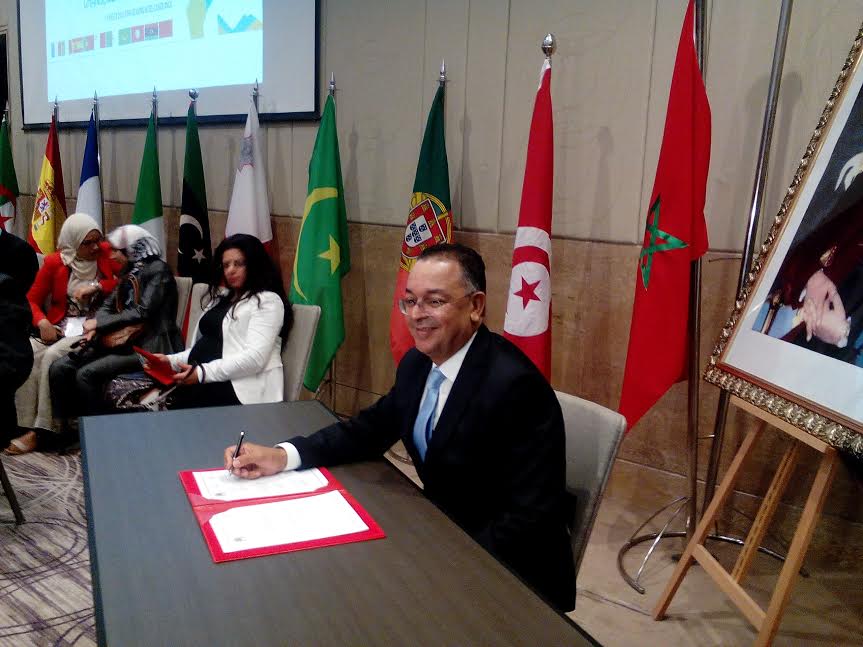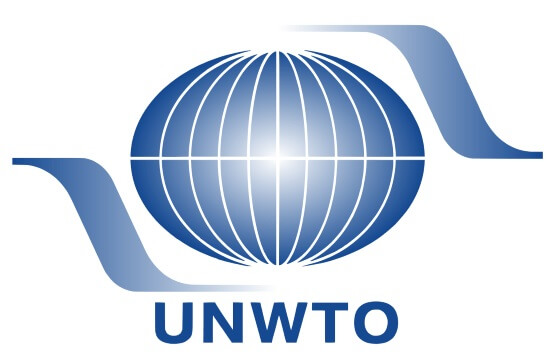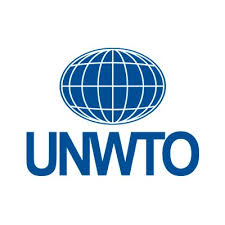
Morocco welcomed conference on tourism and climate change
CASABLANCA, Morocco – Climate change has become a world concern affecting the tourism sector, just like other sectors, such as the economy.
Casablanca welcomed on Monday, July 11, 2016, the fourth Conference of the 5+5 Dialogue of Tourism Ministers on the Western Mediterranean.
Organized under the theme “Tourism and Climate Change,” this COP22 conference is an opportunity for exchanges between Western Mediterranean countries, the complexity of the links between climate factors and tourism, as well as the needs adaptation and mitigation to be adopted to deal with climate change in a fragile context.
It comes on the eve of the MEDCOP 22, which will take place on July 18 and 19 in Tangiers, and confirms the mobilization of the Mediterranean tourism industry in the fight against climate change and strengthens the momentum around the COP on Climate Change (COP22) held in Marrakech in the month of November.
According to the UN World Tourism Organization (UNWTO), the influence of climate change is already affecting the tourism sector in different settings and destinations: “It takes recognition that between tourism and climate change, there are interactions. Tourism also contributes to causes of climate change, primarily from emissions of tourism and transport energy used in the industry.”
The tourism sector faces the challenge of climate change and sustainability through the ownership of better sustainable production and consumption.
Awareness of the vulnerability of the tourism sector and the challenges to cope with climate change, along with the importance of the tourism industry in the Western Mediterranean in terms of job creation, poverty reduction, development of natural resources, and the reconciliation of peoples and civilizations, the countries of the 5+5 Dialogue of Tourism Ministers adopted and signed at the ministerial meeting, a “Declaration of Casablanca,” which is another brick in the edifice of tourism cooperation between the countries of this region.
The “Casablanca Declaration” aims to undertake as part of a coordinated approach and joint governance, measures to both assess and monitor the impact of tourism on climate change in the region and to mitigate and/or limit the impacts of climate change on touristic development. It was also recommended at the meeting to set up a “Sustainable Tourism Strategy in the Mediterranean.”
The “Casablanca Declaration” crystallizes the commitment of countries in the Western Mediterranean, including:
– Cooperating in awareness of the risks of climate change on tourism, and tourism’s contribution to climate change.
– Working to limit the impact of tourism activities on climate, including through the promotion of soft modes of transport, the diversification of the tourist offers to ease pressure on the coastline, and improving the energy efficiency of buildings and rational use of water resources in tourism activities.
– Working with all national and regional institutions, as well as the international development of sustainable tourism, and taking into account the constraints of climate change in the Western Mediterranean, especially with the Arab Maghreb Union, the Union for the Mediterranean, the World Tourism Organization, and the private sector and civil society.
The 5+5 Dialogue brought together ten countries bordering the basin Western Mediterranean, namely the five countries of the Arab Maghreb Union (Morocco, Mauritania, Tunisia, Algeria, and Libya) and five countries of Western Europe (Spain, France, Italy, Malta, and Portugal).
The first Conference of the 5+5 Dialogue of Tourism Ministers on the Western Mediterranean was held in May 2006 in Hammamet, Tunisia, and the second conference was held in Ajaccio, France in May 2008. The 3rd edition of this conference was held on December 3, 2014 in Lisbon, Portugal. France, which ensures the Co-Chairs North 5 + 5 Dialogue, will host the work of the 5th Conference of the 5+5 Dialogue of Tourism Ministers in 2018.




